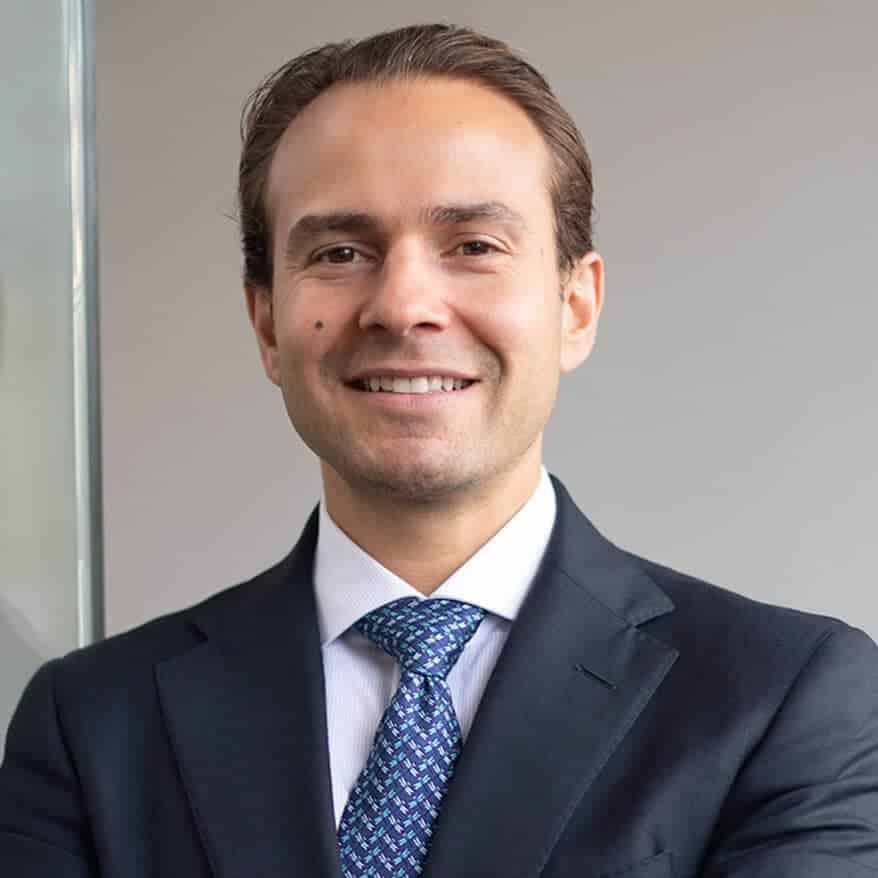Expert Witness Definition
Testimonies from expert witnesses can have a tremendous influence on the final decision of the judge. As such, the Federal Rules of Evidence (FRE) 702 strictly outlines the admissibility standards of experts. Rule 702 lists specific definitions of (a) the qualifications of the expert witnesses and (b) the level of admissible testimony. An expert only meets the standards of a reliable expert witness when they satisfy all of the four primary pillars defined in the FRE 702.
The Four Main Pillars of FRE 702
1) Qualifications
In order to be admissible, an expert witness must:
- Practice in a profession relevant to the issue of the case
- Be skilled in their particular profession
- Have specialized knowledge through training, education, or practical experience
The expert is qualified to opine on the case if and only if his or her professional knowledge and skill set will assist the jury in better understanding the evidence. The expert’s knowledge must be above and beyond the knowledge of the jury. He or she does not necessarily have to be the best in the field, nor have all of the facts regarding the case, as long as his or her expertise is relevant.
2) Reliability
An expert witness’ testimony by the expert must be based on:
- Sufficient data and factual information
- Accepted principles and methods that are commonly used in the field
- Appropriate application of the principles and methods
The expert’s testimony is admissible so long as the expert uses unambiguous data and follows the standard of practice in his or her field of expertise.
3) Helpfulness
An expert must be able to add value to the case by assisting the fact finder. Therefore, the expert testimony must:
- Provide a reliable opinion to help the fact finders reach a conclusion
- Include valid scientific connections pertaining to case evidence that was not previously apparent
An expert is not considered helpful if his or her assumptions do not apply to the facts of the case. The expert must provide information that is new and not obvious to the jury, making sure that there is no analytical gap in their reasoning.
4) Foundation
The expert’s opinion must be based on foundational facts agreed upon by other experts in the same field. The facts from which the expert derives their conclusion must be accurate and pertinent to the issue of the case.




